
Experiencing Switzerland’s iconic panoramic trains
22/01/2026 · By Rob Payne
Soak up unforgettable alpine views at the Top of Europe and cross from Interlaken to Montreux on Switzerland’s GoldenPass Express with Great Rail Journeys.
Read moreEnjoying an idyllic location in a wooded valley by the River Neckar, Heidelberg boasts one of the longest and richest histories of all German cities. In 1907 the remains of 'Heidelberg Man' were declared to be the oldest ever discovered in Europe, being at least 200,000 years old. Heidelberg developed largely as the capital of the Palatinate - a position it held for more than five hundred years. During this time a vast wealth and influence became apparent in the city. The castle was built to strengthen Heidelberg's defences, and its world-famous university was established and garnered an impressive reputation.
In the 16th century the city was sacked twice by French troops;
the castle was damaged and left to decay as the Palatinate capital
was moved to Mannheim. Having lost its position of
prominence, Heidelberg was largely forgotten by the time the
Romantics discovered it in the late 17th century. To these people,
the wistful ruins of the castle only added to Heidelberg's charm.
The city soon became the place for poets, writers and artists to be
found, and it saw a massive increase in tourism as a result.
Steps were soon taken to preserve the magnificent,
historic Old Town, which has remained undisturbed to this day - it
even avoided damage in the Second World War. Having been admired by
tourists for centuries now, Heidelberg is one of Europe's
best-loved cities.
Find out more with a free brochure and enjoy weekly travel inspiration and offers in our e-newsletter.
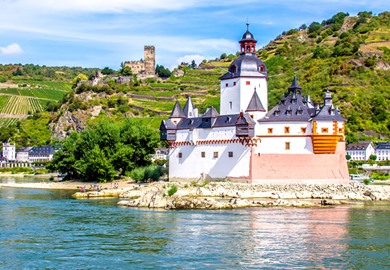
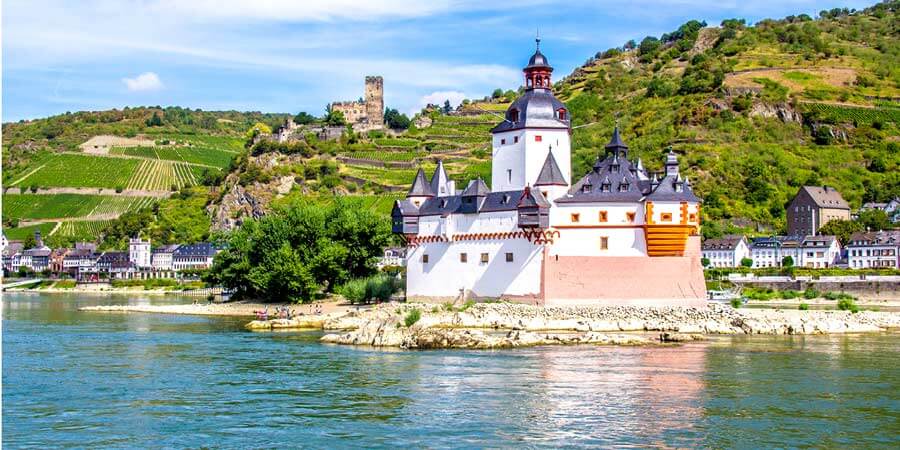
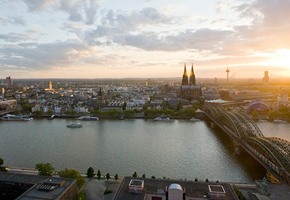
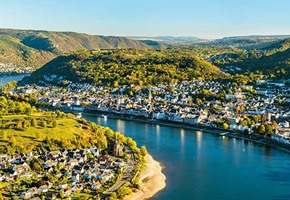
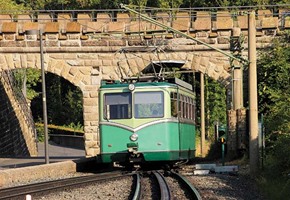
 (34 reviews)
(34 reviews)This beautifully scenic, easy-paced cruise takes us to the towns and cities of the River Rhine. Sailing by enchanting landscapes, discover Heidelberg and Strasbourg along with the sensational vistas of the UNESCO-listed Rhine Gorge. From Cologne, we sail south to explore the town of Koblenz, enjoy a guided tour of Heidelberg, and wander...

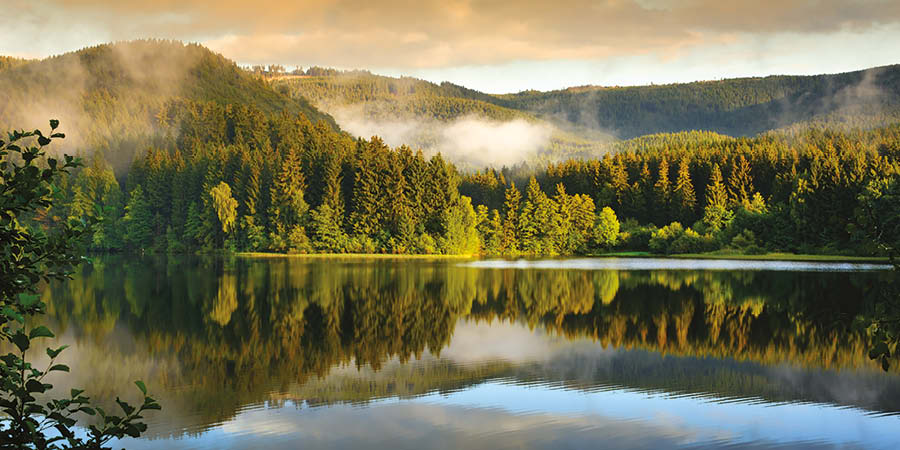

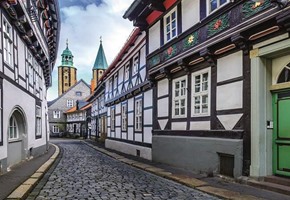
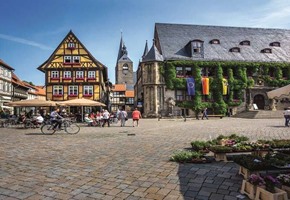
 (121 reviews)
(121 reviews)Embark on a voyage of discovery amid half-timbered towns, rolling mountains and gleaming rivers in some of Germany's most picturesque locations. Explore the medieval villages of Wernigerode, Quedlinburg and Goslar and journey to the peak of the Harz Mountains by historic narrow-gauge railway. Uncover the idyllic towns of Assmannshausen...


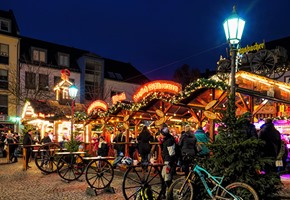
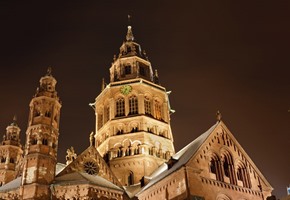
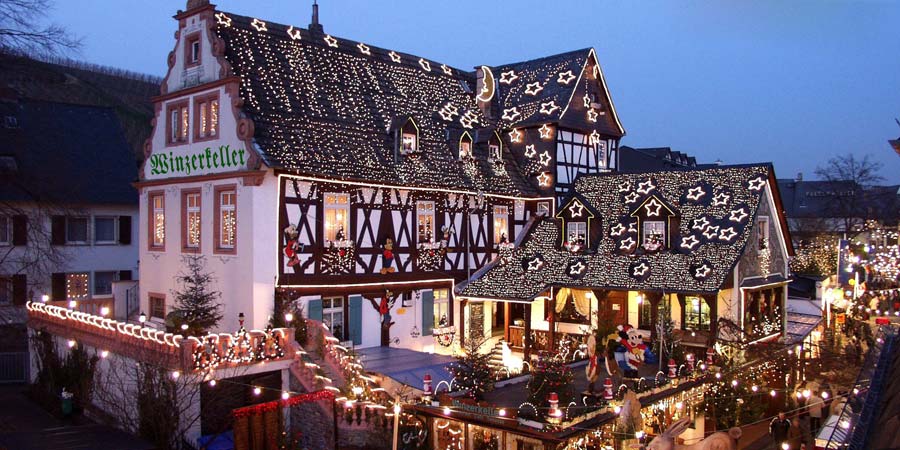
 (185 reviews)
(185 reviews)Feel the spirit of Christmas on this cruise along the beautiful Rhine. Discovering Germany at the most magical time of the year we stop at traditional Christmas markets along the way, including Cologne, Bonn, Koblenz and Rüdesheim. Strolling through the stalls, admire the craftsmanship of local artisans and savour the flavours that define the...
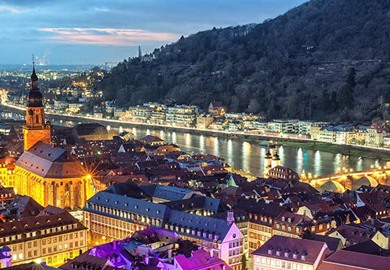
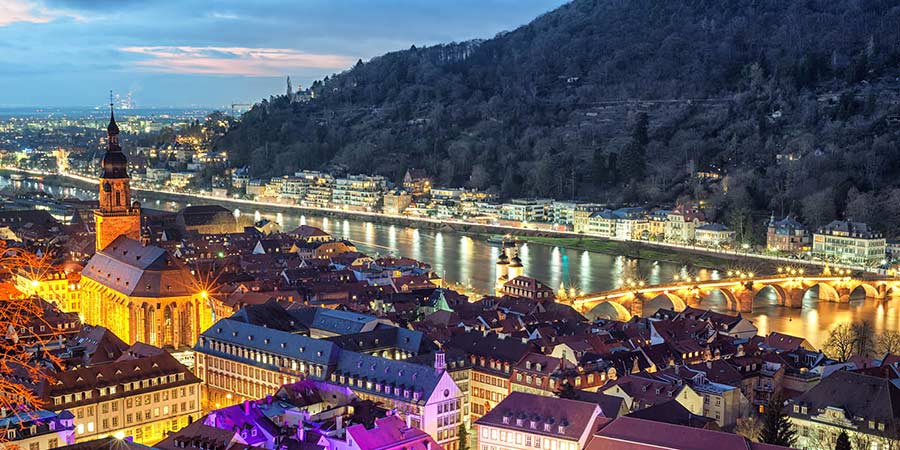
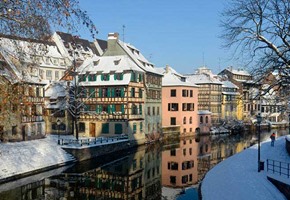
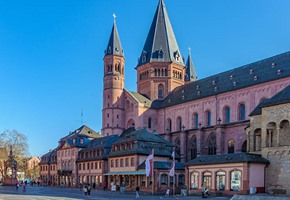

Embark on a breathtaking Rhine cruise through some of Germany's most picturesque towns and cities at this most magical time of year. From the historic charm of Mainz and Koblenz to the storybook streets of Strasbourg and Rüdesheim, experience scenic beauty and rich culture at every stop. Onboard, enjoy a festive atmosphere with a Christmas Day...



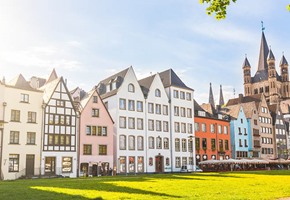
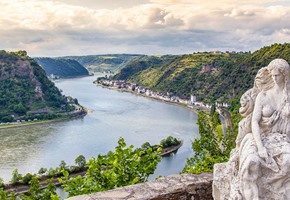
Experience a journey aboard the luxurious MS Amadeus Cara as we leisurely cruise along the picturesque River Rhine, unveiling history, medieval charm and captivating landscapes. Starting from Cologne, our cruise leads us south through the picturesque towns of Koblenz and Boppard, before we sail the breathtaking Rhine Gorge where sensational...
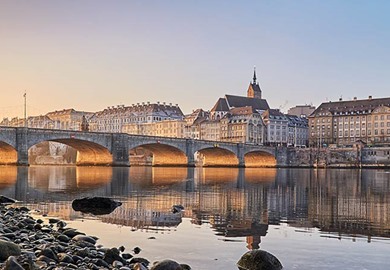
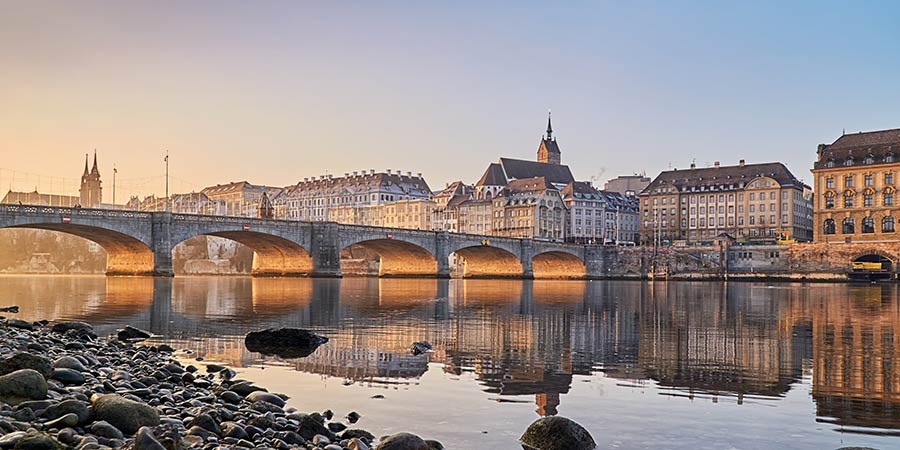
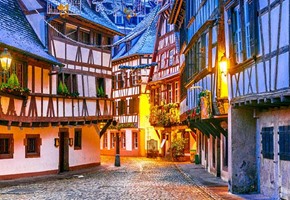

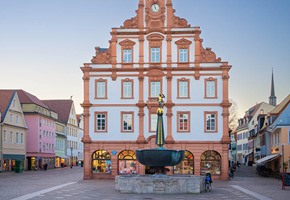
Celebrate the start of a new year on this unforgettable Rhine cruise, visiting charming towns and cities steeped in history and culture. From the picture-perfect streets of Mainz and Strasbourg to the romantic allure of Heidelberg and Rüdesheim, experience fascinating sights and a warm welcome at every stop. Relax onboard as you take in the...


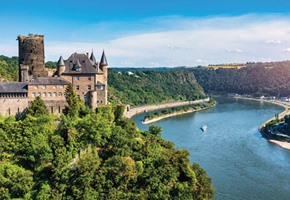


This scenic cruise along the River Rhine is a picturesque journey through captivating towns and cities. Glide past enchanting landscapes and explore the historical wonders of Heidelberg, the medieval charm of Strasbourg, and the breathtaking vistas of the Rhine Gorge. Starting from Cologne, our journey upstream leads us to the town of Koblenz...
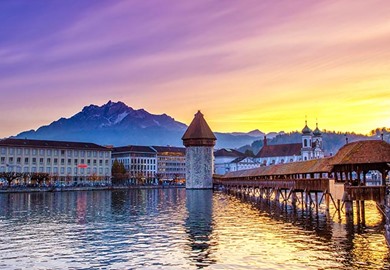
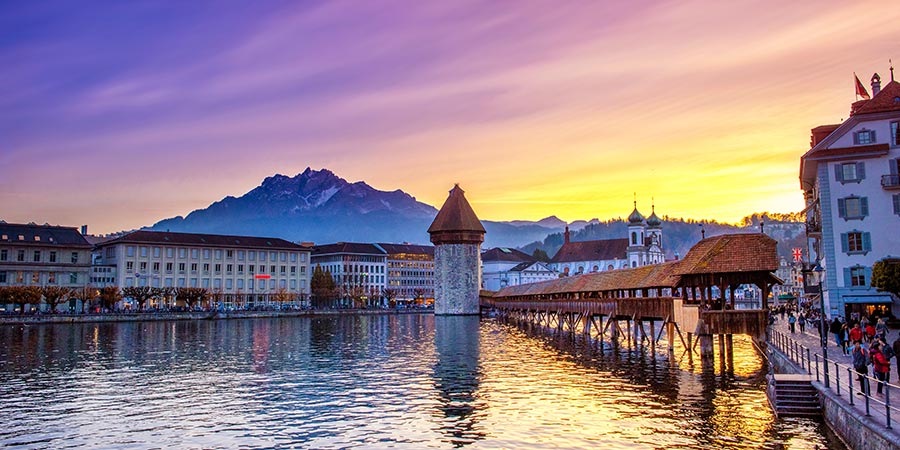
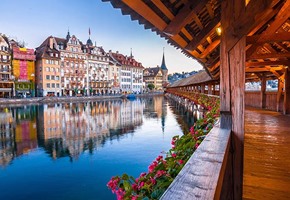
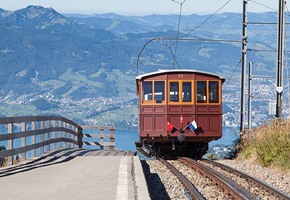

Every bend of the river and every ascent into the mountains unveils new treasures waiting to be discovered on this nine-day holiday. Enjoy a blend of luxurious relaxation and captivating exploration, from the historic streets of Cologne to the serene shores of Lake Lucerne. Step aboard the opulent Amadeus Imperial, our floating hotel on ...


